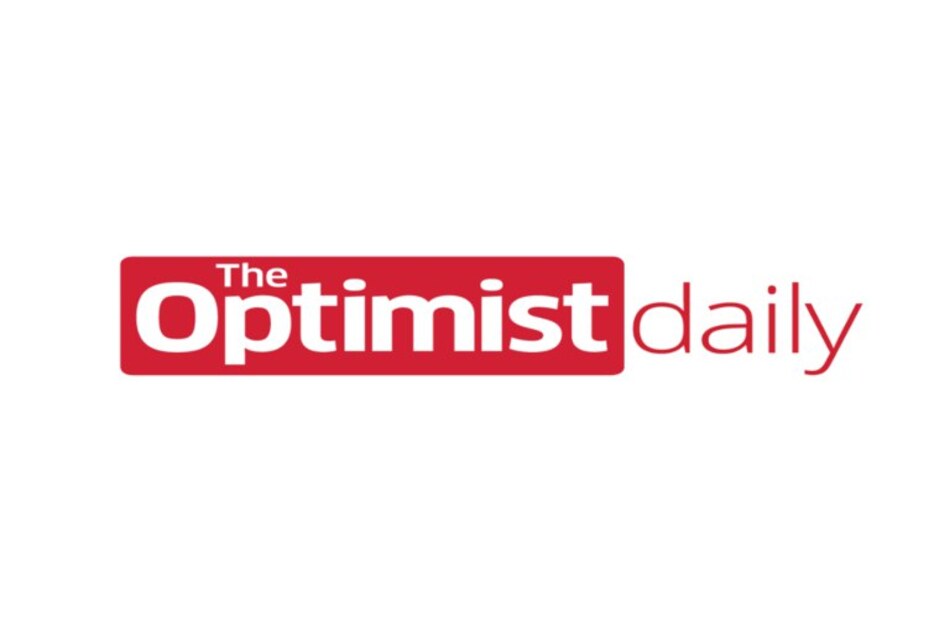The Afghan media industry is very much a male-dominated space (like many countries’ media industries), even after years of development and progress. Zahra Joya, a 28-year-old journalist from the persecuted Hazara community often found that she was the sole woman in her professional sphere and would face discrimination because of her ethnicity and sex. “It was a lonely space, dominated by men who made the decisions about which stories were important, and which were not,” she tells The Guardian.
“There were so few women journalists in Kabul… there would hardly be women reporters covering political events or press conferences even though these stories affect us greatly.”
Her response to this partisan professional environment was to start her own media outlet in November of last year. Rukhshana Media is an online platform for female journalists to publish moving stories of Afghan women’s struggles surrounding women’s reproductive health, domestic and sexual violence, gender discrimination, and more.
The name “Rukhshana” is named after “a girl… from Ghor province [who, in 2015] was accused of adultery and running away from home. She was escaping forced marriage,” Joya explains. “The boy who accompanied her was given 100 lashes for ‘insolence’ for the same crime, but Rukhshana was stoned to death.”
Joya’s publication carries her name as a tribute to the victims of Afghanistan’s patriarchy and all the women who’ve been forgotten and excluded throughout the country’s history.
“It is often the case that stories of Afghan women are decided by Afghan men or international journalists in the outside world. And while our presence in Afghan media is celebrated as an example of ‘women’s empowerment,’ not much attention or space is given to us for defining what story should be covered,” explains Joya.
“For example, Afghan media reports on rape cases, but they never report [on] what life looks like for survivors. That is what we are interested to tell,” she says. “At Rukhshana Media, we are trying to define the story from the perspective of Afghan women.”
Joya hopes that highlighting Afghan women’s stories will contribute to the growth of a stronger Afghanistan “which includes our voices, the voices of its women.” However, maintaining the media outlet has not been easy for Joya. “Security is worsening, and my reporters struggle with the challenges of reporting from the quickly changing frontlines.”
According to a United Nations report from this February, Afghanistan is one of the most dangerous countries in the world for journalists. And based on information from the Afghanistan Independent Human Rights Commission, in 2020 alone, almost 3,000 civilians were killed in the increasing violence and extremist attacks. Journalists, government workers, and state officials were also targeted in a series of killings for which the Afghan government blamed the Taliban.
Female journalists face even more risk because of the issues they cover and their public role. This will only become worse as the Taliban advances across the country. Female journalists are forced to hide their work and use pseudonyms to protect their true identities. However, Joya is determined to keep Rukhshana alive, especially as the situation in Afghanistan exacerbates.
“I will try to keep it going for as long as I can,” she says. “I see it as a source of hope for many women.”
Afghan women are in dire need of a platform that will amplify their voices, especially now. If you are able to help Joya’s entirely self-funded initiative and contribute to the survival of Rukhshana Media for the next year, visit this crowdfunding page.











